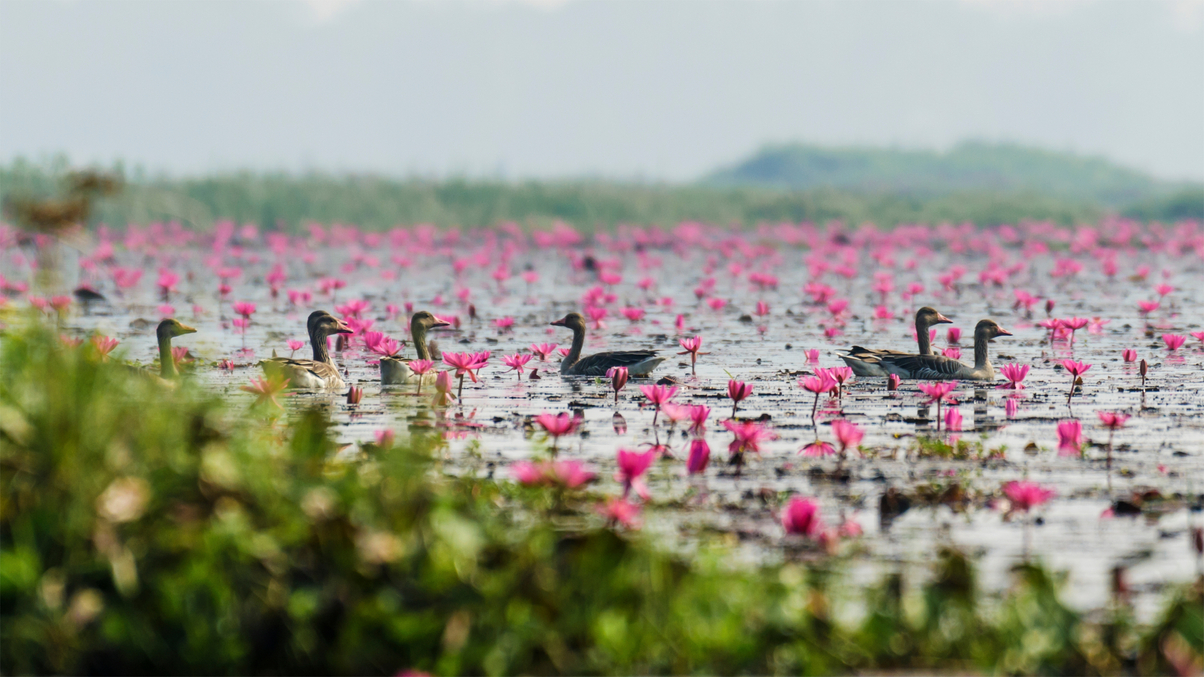The Nature Conservancy building 'strong candidate' pipeline for Asia impact deals
The environment-focused non-profit organisation hopes to encourage more private market participation in impact investing initiatives through its deal-making.

The Nature Conservancy (TNC) is assessing impact investing deals in Asia Pacific as the environment-focused asset owner seeks to develop its footprint in the region.
Sign in to read on!
Registered users get 2 free articles in 30 days.
Subscribers have full unlimited access to AsianInvestor
Not signed up? New users get 2 free articles per month, plus a 7-day unlimited free trial.
¬ Haymarket Media Limited. All rights reserved.


